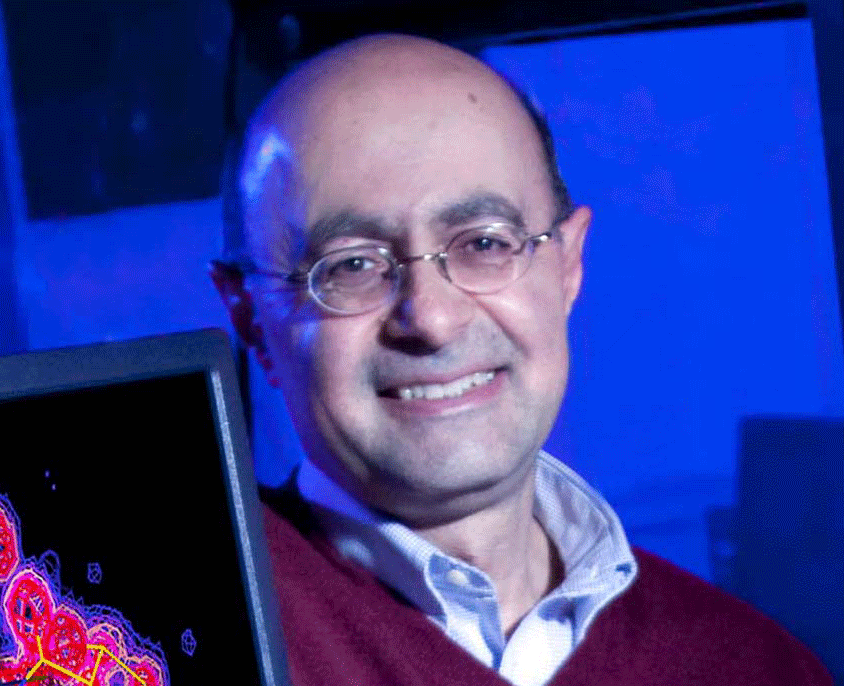
Popular Articles
- Earliest molecular events of vision revealed
- Dynamics and Kinetics in Structural Biology
- XFEL Pulses Demonstrate How Plants Perceive Light
- Structural biology is solved -- now what?
- BioXFEL Postdoctoral Fellowship Award
Archived Articles
- Details
- Thursday, 27 April 2017

Abbas Ourmazd, a UWM distinguished professor of physics, has been appointed to serve on the Basic Energy Sciences Advisory Committee (BESAC) of the U.S. Department of Energy (DOE). The 25-member committee has a substantial impact on national scientific programs, supporting more than 2,500 principal investigators in physics, chemistry, geology and biosciences at 165 institutions in 49 states and 14 DOE laboratories.
The three divisions of Basic Energy Sciences are the largest, or among the largest, federally funded programs in their respective areas in the United States.
Basic Energy Sciences touches virtually every aspect of energy, from production and transmission to conversion and storage. The organization supports DOE missions in energy, environment and national security and conducts fundamental research that will lead to new energy technologies.
Its employees also construct and operate major scientific facilities to serve researchers from the public and private sectors, including five synchrotron radiation light sources, two neutron beam sources, and five nanoscale science research centers.
In the past few years, Basic Energy Sciences oversaw construction of the world’s first hard X-ray free-electron laser facility was completed at SLAC National Accelerator Laboratory. Ourmazd leads a group of UWM physicists who use the facility in research on imaging single proteins and viruses. The UWM group is part of a seven-institution collaboration funded by the National Science Foundation.





